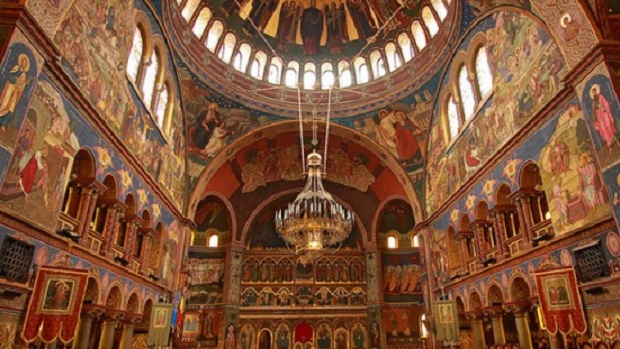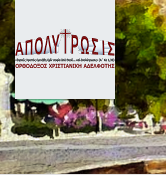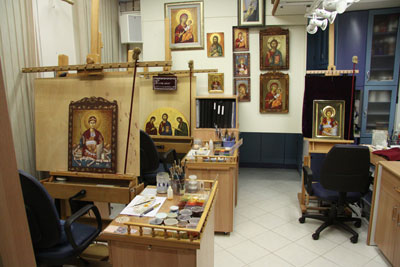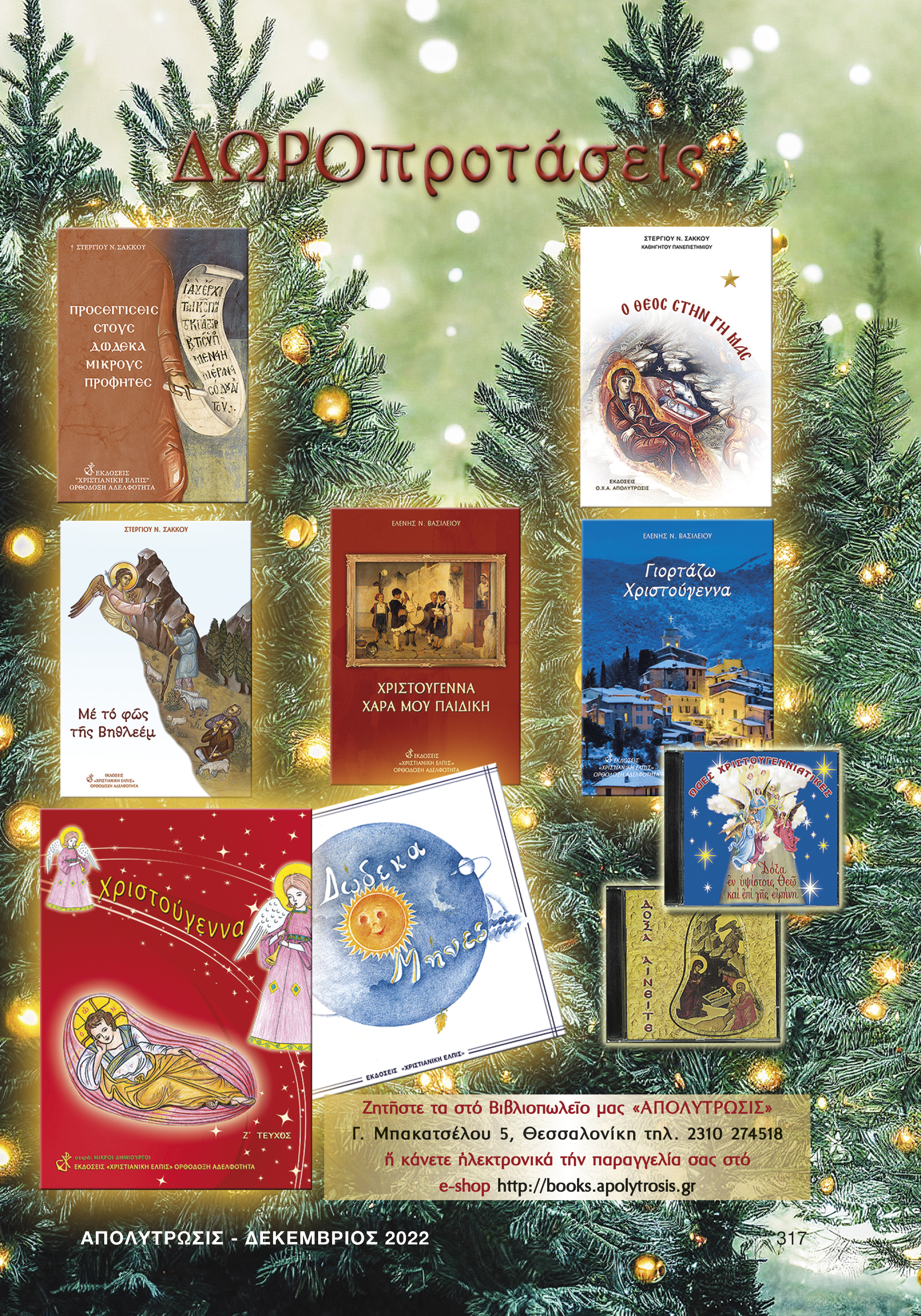 If order must prevail during the first part, the Liturgy of the Catechumens (those not yet baptized), so that everyone can hear the petitions, the prayers, readings and sermon, order must prevail much more in the second part. Now the Lord, no longer as Teacher but as Archpriest, prepares to celebrate the Sacrament of the Divine Eucharist, to offer His body and blood to the faithful. Those who really confess the “Symbol of the Faith” are the faithful. Only these can participate in this mystery of the Holy Eucharist.
If order must prevail during the first part, the Liturgy of the Catechumens (those not yet baptized), so that everyone can hear the petitions, the prayers, readings and sermon, order must prevail much more in the second part. Now the Lord, no longer as Teacher but as Archpriest, prepares to celebrate the Sacrament of the Divine Eucharist, to offer His body and blood to the faithful. Those who really confess the “Symbol of the Faith” are the faithful. Only these can participate in this mystery of the Holy Eucharist.
Are faithful the “christians” who come to church only on Christmas and Easter? If one were to ask these people: “Why don’t you come to church regularly?” The answer would be: “We don’t go to church, but we are good people.” Those who sign their own certificates of merit, are sadly mistaken.
First, they don’t know themselves. If they were to examine their own lives from childhood to this day, they would find that they have often violated God’s will as expressed in Scripture. No matter how good they may appear to be, they may be corrupt at heart. If they don’t do evil acts, this might be for fear of becoming caught in the nets of human justice.
Secondly, those who claim to be good don’t know the Bible. Because in the Gospels we read that in order to be saved, good deeds are not enough, no matter how many or how great they might be. A thousand acts of charity can’t save the unbeliever. If good acts could save a man, then it was not necessary for the Son of God to come into the world and be crucified. His sacrifice would have been in vain.
So, we are saved through faith. “Whoever believes and is baptized will be saved; whoever does not believe will be condemned” (Mk 16,16). Faith is indispensible for salvation. The same faith is indispensible for participation in the mystery of the Holy Eucharist. We gain nothing if we go to church because it is the custom, if we go without faith in Christ.
 ΑΠΟΛΥΤΡΩΣΙΣ
ΧΡΙΣΤΙΑΝΙΚΗ ΟΡΘΟΔΟΞΗ ΑΔΕΛΦΟΤΗΣ
ΑΠΟΛΥΤΡΩΣΙΣ
ΧΡΙΣΤΙΑΝΙΚΗ ΟΡΘΟΔΟΞΗ ΑΔΕΛΦΟΤΗΣ








